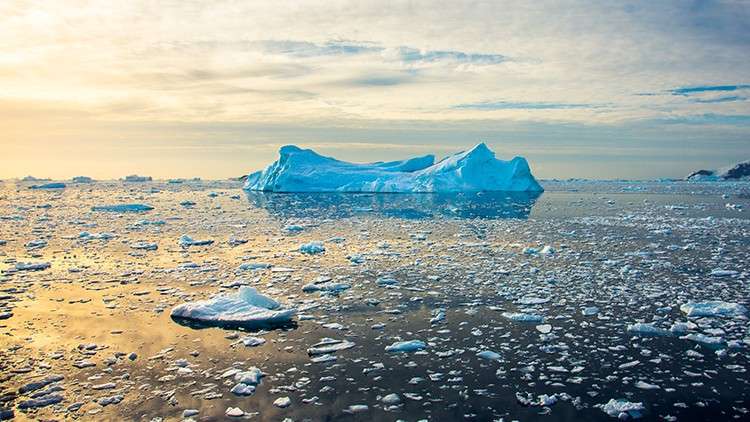
#Psychology #SDGs
What you will learn
Understand the psychological dimensions of climate action, marine conservation, and sustainable land use (SDGs 13/14/15).
Apply psychological principles to foster environmental awareness, sustainable behaviors, and community engagement.
Analyze the role of individual and collective psychology in climate change adaptation and biodiversity preservation.
Advocate for environmental issues using psychological insights, influencing public attitudes and policy changes.
Contribute actively to global efforts in combating climate change, protecting marine life, and promoting sustainable practices.
Description
The course “Psychology for SDGs(SDG13/14/15)” is designed to explore the intricate connections between psychology and Sustainable Development Goals (SDGs) 13 (Climate Action), 14 (Life Below Water), and 15 (Life on Land). This comprehensive course examines the profound impact of psychological factors on addressing climate change, preserving marine ecosystems, and ensuring sustainable land use.
Through engaging lectures, case studies, and interactive discussions, students will gain a deep understanding of how psychological principles can contribute to climate action, conservation of marine biodiversity, and sustainable land management. The course emphasizes the role of individual and collective psychology in fostering environmental awareness, sustainable behaviors, and community engagement.
Students will explore the psychological aspects of climate change adaptation, marine conservation initiatives, and biodiversity preservation. Additionally, they will learn how psychological insights can be applied to influence public attitudes, policy advocacy, and behavioral changes essential for achieving SDGs 13, 14, and 15.
This course aims to empower students with the knowledge and skills to address pressing environmental challenges through a psychological lens. By the end of the course, students will be equipped to contribute actively to global efforts in combating climate change, protecting marine life, and promoting sustainable practices for the benefit of terrestrial ecosystems. Through critical analysis and practical applications, students will be inspired to champion positive environmental change, aligning with the broader goals of sustainable development.
Content